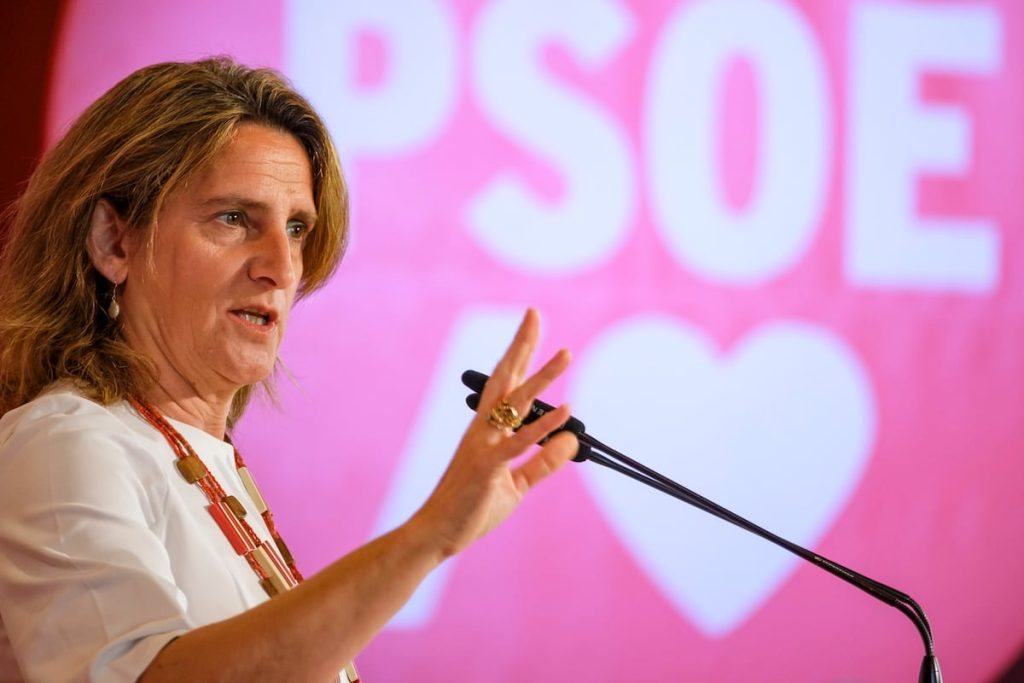The General Council of the Judiciary (CGPJ), which should have renewed its composition in December 2018, has now reached 2,000 days with an expired mandate. The PSOE has used this date to criticize the PP for blocking the institution, which has had a majority of conservative members since 2013, when the PP was in power with an absolute majority. The negotiations for the renewal of the CGPJ have been stalled, with the PSOE suggesting possible legal reforms to bypass the PP’s blockage. The Minister of Presidency, Félix Bolaños, warned that if the PP continues to block the process, alternative solutions will be sought to avoid a prolonged stalemate.
The CGPJ is the governing body of the judiciary, responsible for appointing top judicial officials and imposing sanctions. The process of electing the 20 members of the Council involves a combination of direct selection and voting by members of the judiciary through the Congress and Senate. The PP is demanding a change in the law so that the 12 judges are appointed directly by the judicial members without parliamentary involvement, a proposal that the PSOE opposes. The urgent need for renewal of the CGPJ stems from the constitutional requirement for a change in composition every five years, adding pressure to resolve the deadlock between the two major parties.
Prime Minister Pedro Sánchez hinted at the possibility of renewing the Judiciary without the PP at the end of April, but did not provide specifics. A reform presented in 2021 proposed a two-phase voting process for the renewal of the CGPJ, which would eliminate the need for the PP’s approval through an absolute majority vote. However, the reform was abandoned due to concerns raised by Brussels. Sánchez emphasized the importance of finding solutions within constitutional and democratic legal frameworks, without mentioning any concrete plans for moving forward.
The PP’s refusal to negotiate with the PSOE has led to a prolonged blockage of the CGPJ, prompting criticisms from government officials. The failure to renew the Judiciary for over 2,000 days has raised concerns about the undermining of democratic principles and constitutional mandates by the PP. Despite attempts at mediation by the European Commission, no progress has been made in resolving the impasse between the two political parties. The reference to the Comisión Europea highlights the need for a resolution to the situation in a manner that upholds the rule of law and democratic norms.
The ongoing stalemate between the PP and PSOE regarding the renewal of the CGPJ has led to increased tensions and accusations between the two parties. The PP has been accused of disregarding the Constitution and the European Commission’s mediation efforts, while the PSOE has emphasized the urgency of resolving the issue. The PP’s stance on not reaching agreements with the PSOE has been criticized as detrimental to the functioning of democratic institutions. The conflict highlights the challenges of governance and political negotiations in Spain’s current political climate.














